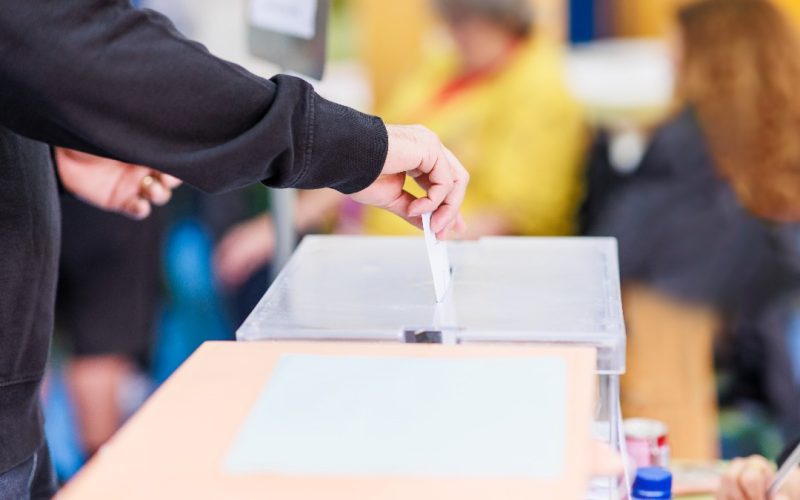Allegations of electoral fraud against the LIBRE party have put the Honduran political system under increasing pressure. Various sectors of the opposition and electoral process specialists have pointed to attempts to manipulate the Preliminary Election Results Transmission System (TREP), opening a new chapter of uncertainty in the country’s democratic landscape.
Claims of system interference
According to reports released in recent hours, coordinated maneuvers have been detected to block official TREP transmissions and replace them with altered digital records in favor of LIBRE candidates. These allegations have prompted immediate calls from the opposition for mass demonstrations in Tegucigalpa and other cities to demand transparency and independent audits of the electoral system.
The concern is not limited to the domestic sphere. The electoral mission of the Organization of American States (OAS) expressed concern about the irregularities reported, reflecting the magnitude of the tensions that could overwhelm the institutional framework.
Reactions from the opposition and the international community
Opposition leaders have warned of practices that include vote buying, pressure on election officials, and maneuvers involving key bodies responsible for ensuring the transparency of the process. According to these allegations, the practices are aimed at favoring the ruling party in a highly polarized electoral context.
The global community has been attentively monitoring these events.
For international entities, such as the OAS, the situation presents the danger of protest escalation, potentially leading to episodes of political violence, directly impacting the democratic stability of the nation.
Risks to democratic institutions
The current crisis clearly exposes the weaknesses of the Honduran electoral system, particularly in light of allegations of technological manipulation. In this context, public mistrust of the institutions responsible for ensuring the transparency of the electoral process is intensifying and amplifying the climate of political polarization.
The belief that democracy is endangered undermines the credibility of governmental institutions and sets the stage for conflicts that might trigger a governmental crisis. Consequently, societal pressure and the influence of the global community seem to be crucial elements in mitigating the impacts of any disturbance in the outcomes.
The Honduran electoral landscape is unfolding amid strong tensions between the ruling party and the opposition, with the institutional system’s ability to guarantee reliable results being called into question. In this scenario, the transparency of the TREP and the monitoring by international organizations will be decisive in determining whether the country manages to get through the electoral process without deepening political instability. The way in which institutions respond to these accusations will set the immediate course for governance and public confidence in democracy.
